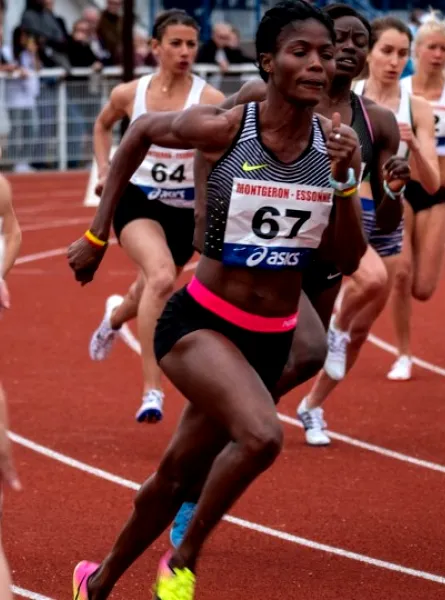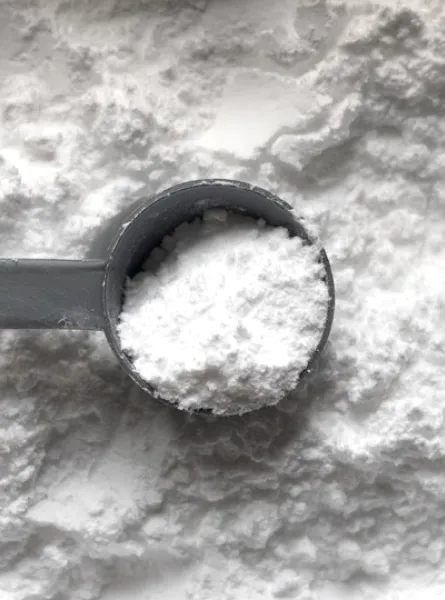
Article written in collaboration with Carol-Ann Pilon, Physiotherapy Technologist at Cliniques CMI.
The recent Canadian Formula 1 Grand Prix has inspired you to go karting with your friends at one of Montreal's spots? You're absolutely right! However, be aware of the aches and pains that this activity can cause! Lewis Hamilton, who suffered from extreme back pain a few days before the Montreal race, can attest to that.
You may be wondering how the British driver managed to start the race in Montreal despite his recent pain? He attributes it to Angela, his physiotherapist!
If you have any pain related to karting, make an appointment for a physiotherapy consultation at one of the Cliniques CMI.
Karting, an activity with numerous physical demands
As a popular motorsport, karting is an exhilarating activity that puts significant strain on the upper body, including the arms, shoulders, and back, and requires a high level of concentration.
Formula 1 drivers, who engage in karting to improve their reflexes, will tell you! This activity, which works the cardiovascular system (endurance, maintenance), requires extremely rigorous physical preparation.
Indeed, due to the speed or the absence of suspension for cushioning, karting imposes numerous stresses on the human body. As a result, it can cause shoulder, neck, or back pain.
These injuries can be traumatic, meaning they are caused by an impact (concussion, whiplash), but they can also be due to improper posture, poor technique, or inadequate physical preparation.
Beware of lower back sprain, affecting the lumbar region
Improper posture, prolonged posture, falls, or incorrect back movements
It is not uncommon to end a karting session with back pain. Do you have difficulty bending forward or getting up? It may be a sign of a lower back sprain!
Do you know what a lower back sprain is? It is a commonly used term to refer to an injury to the lower back, specifically the vertebrae. This diagnosis corresponds to the damage to one of the soft tissues (ligaments, tendons, muscles).
Have you heard of terms such as "tour de rein" (lumbago) or "dos barré" (stiff back)? They are all synonyms for a lower back sprain!
The causes of lower back sprain in karting include incorrect movements during a turn or when getting up, poor posture, prolonged posture, or excessive strain on the spinal column. It is worth noting that lower back sprains can affect both experienced and beginner drivers.
What are the symptoms of a lower back sprain?
Pain in the lower back is the main symptom of a lower back sprain. It may be accompanied by pain radiating to the buttock or thigh. Other symptoms usually appear after exertion. Thus, morning stiffness, difficulty getting up or bending over may be observed.
Other symptoms include increased pain during exertion or difficulties maintaining a position.
How do you know if you have a lower back sprain?
The diagnosis of a lower back sprain is made through an evaluation. This means that if you have back pain, you cannot self-diagnose. Back pain can be a sign of various conditions, such as a herniated disc or sciatica. To receive the correct diagnosis and treatment, consult a healthcare professional.
How to treat a lower back sprain quickly?
Home treatment
If you have back pain following your karting session, the first thing you should do is rest your back. If you had planned another session tomorrow or next weekend, it may be better to take a few days off!
However, rest should be partial. This means that you must continue to move, according to your tolerance. Complete rest would hinder the healing of the injury. In fact, the rest period should not exceed 48 hours.
As soon as possible, gradually resume your exercises. They can be simple, such as starting with a walk around your living room. This will restore your mobility!
Should I apply heat or cold for a lower back sprain?
Have you always wondered whether to apply heat or cold to a muscle injury? Cold has analgesic properties that reduce inflammation and pain. Place a cold pack in a towel and apply it to the affected area for short periods of time.
If you don't feel improvement after a few days, make an appointment for a physiotherapy consultation. This discipline treats musculoskeletal disorders by managing pain, rehabilitating injuries, and preventing further pain.
What to do in case of a lower back sprain?
Treatment through physiotherapy
Physiotherapy treatment begins with an evaluation during the initial session with the physiotherapist. The goal is to understand the causes of the pain in order to implement treatments that are specific to the condition. Each case is different. Treatment plans may evolve over time, depending on the condition's progress and the individual's response.
It is important to know that treatments undertaken in the clinic should be continued autonomously at home. The therapist teaches exercises to the patient that they must perform at home. The advice focuses on exercises appropriate to the condition.
Different techniques may be used, such as manual therapy, muscle relaxation techniques, tailored and personalized exercises, and education.
What is the duration and healing time for a lower back sprain?
The healing time for a lower back sprain (and any other injury) varies from person to person. Several factors come into play, such as the severity of the injury, when it is medically addressed, and the treatment received.
How to prevent muscle pain in karting?
Our 7 tips
A day of karting can potentially cause various muscle pains! Muscle pain may include stiffness, muscle spasms, muscle strains, and lower back pain. So how can you avoid getting hurt while karting?
Follow the guide!
- Warm up! Stretch your lower back, arms, and shoulders.
- Before, during, and after the session, stay hydrated! Karting is practiced in suits that can get hot!
- Make sure you have proper posture during your practice. Get some instruction on techniques before your session. Prevention is better than cure!
- Take regular breaks during your session and use them to stretch.
- Anticipate. On the road or on a circuit, anticipating movements can help avoid going off track!
- Try not to brake too abruptly while driving, as this can prevent your back from hitting the seat.
- Having good physical condition is essential to prevent potential pain. Engage in regular physical activity! It is recognized that a sedentary lifestyle increases the likelihood of injuries.
What is the difference between a lower back sprain and a cervical sprain (whiplash)?
A cervical sprain is another diagnosis that concerns the spinal column, but this time in the cervical spine. A cervical sprain refers to a sudden stretching of the structures in the neck. It usually occurs in a car accident but can also be caused by a fall or contact sport.
Whiplash is an injury that could occur in karting due to speed and successive turns, which cause repeated micro-traumas to the head and neck. However, this is still rare. Kart drivers typically wear cervical protection.
In conclusion, karting is an exciting activity that can put significant strain on the body, particularly the back. Lower back sprains can occur due to improper posture, prolonged posture, falls, or incorrect back movements. If you experience back pain after karting, it is important to rest and gradually resume exercises. Applying cold packs can help with pain and inflammation. Physiotherapy treatment can provide tailored care and exercises to promote healing and prevent further injuries. To prevent muscle pain in karting, it's crucial to warm up, maintain proper posture, stay hydrated, take breaks, and anticipate movements. Additionally, maintaining good physical condition through regular exercise can help prevent injuries. Remember, if you experience persistent or worsening pain, it's important to consult a healthcare professional for an accurate diagnosis and appropriate treatment. By following these recommendations, you can enjoy karting while minimizing the risk of lower back sprains and other muscle-related discomfort. Stay safe and have fun on the track!





